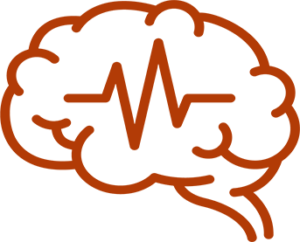
Frisell O, Bexelius C, Jönsson L, Lindgren P, Persson S
Prevention, diagnostik och sjukdomsmodifierande behandling av kognitiv svikt och demenssjukdomar – hur kan vi betala för det?
The report is written in Swedish with a summary in English
Dementia contributes to large costs to the Swedish society, more than SEK 80 billion in 2019. Of the costs, most fall on the municipalities in the form of home help and nursing homes. Informal care is also a major contributor to the total costs and in this context a small cost fall on the health care regions.
Novel disease modifying treatments for Alzheimer’s disease have shown in clinical trials to have a significant effect on how quickly the disease progresses. A prerequisite for these new treatments is that the recipient has a correct Alzheimer’s diagnosis and does not have any other characteristics that make them unsuitable for treatment. The new treatments are expected to be expensive at the same time as there is no alternative treatment and many people living with dementia who will expect and hope for quick access once they are approved for use in Sweden.
Since these new treatments do not cure, merely slow the rate of progression of Alzheimer’s disease, it is of great importance that diagnosis and treatment are available as early as possible. In addition to this, more and more people with mild cognitive decline are expected to seek care and diagnostics. This will increase the burden on diagnostics and treatment. For society to cope, new payment models, innovative financing solutions and larger investments in prevention will likely be required.
Large patient groups, diagnostics in multiple steps and expensive treatments may lead to health care budgets being unable to cope, since demand and need for other care remain. An expected transferral of cost burden from the municipalities to the regions is likely as more and more people will be diagnosed and treated, funded by the regions. This may lead to a reduced need for home help and nursing homes. Hopefully the burden on loved ones will also decrease when treatment is available.
Society, in the form of municipalities, regions, private care providers and the government (via the expert authority TLV) will need to, together with industry representatives, be prepared and ready for the day this goes from an expectation to a reality. This to ensure that as many as possible have access to prevention programs, accurate diagnostics, and effective treatments.
For more information about this report, please contact Oskar Frisell
IHE RAPPORT 2024:2, IHE: Lund, Sweden
